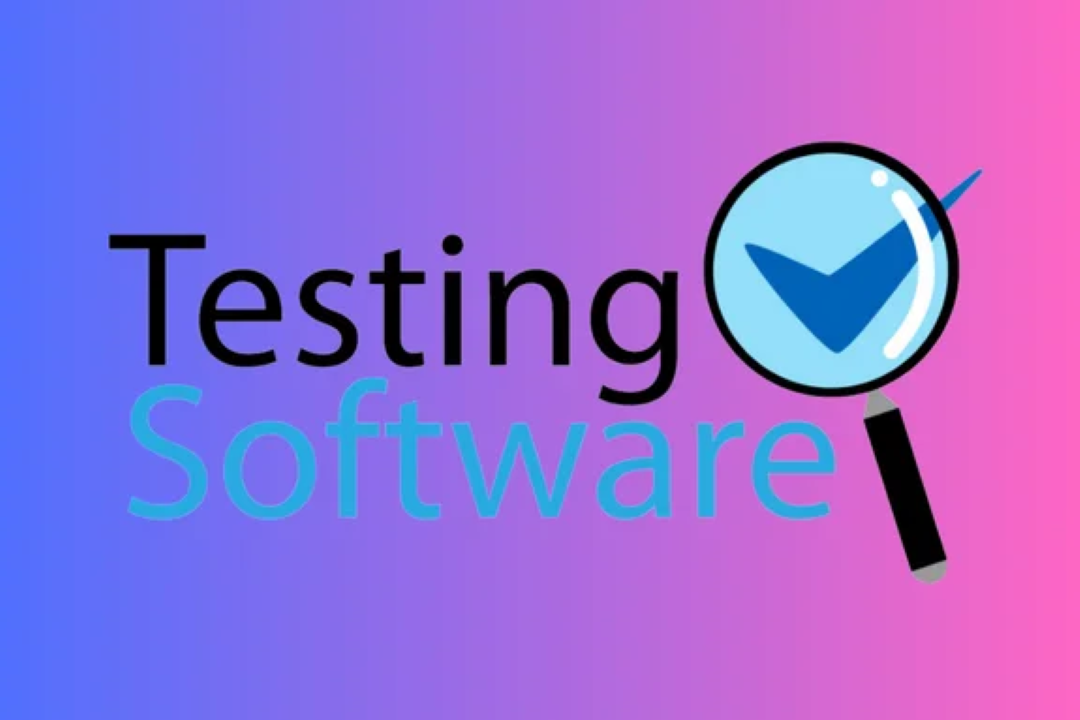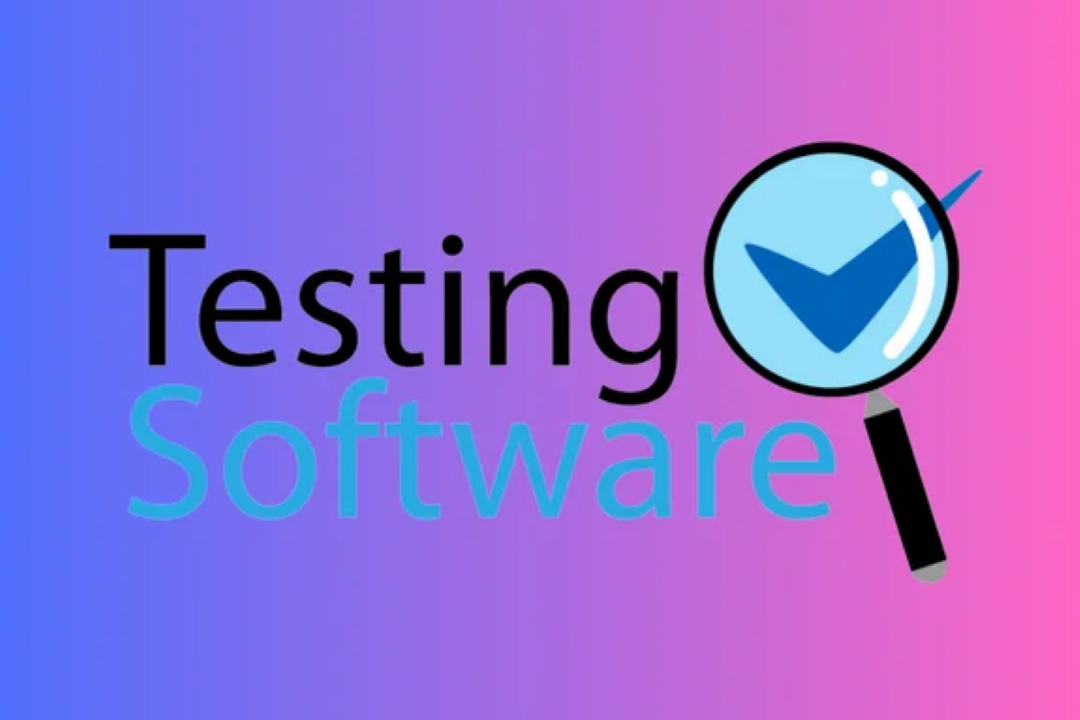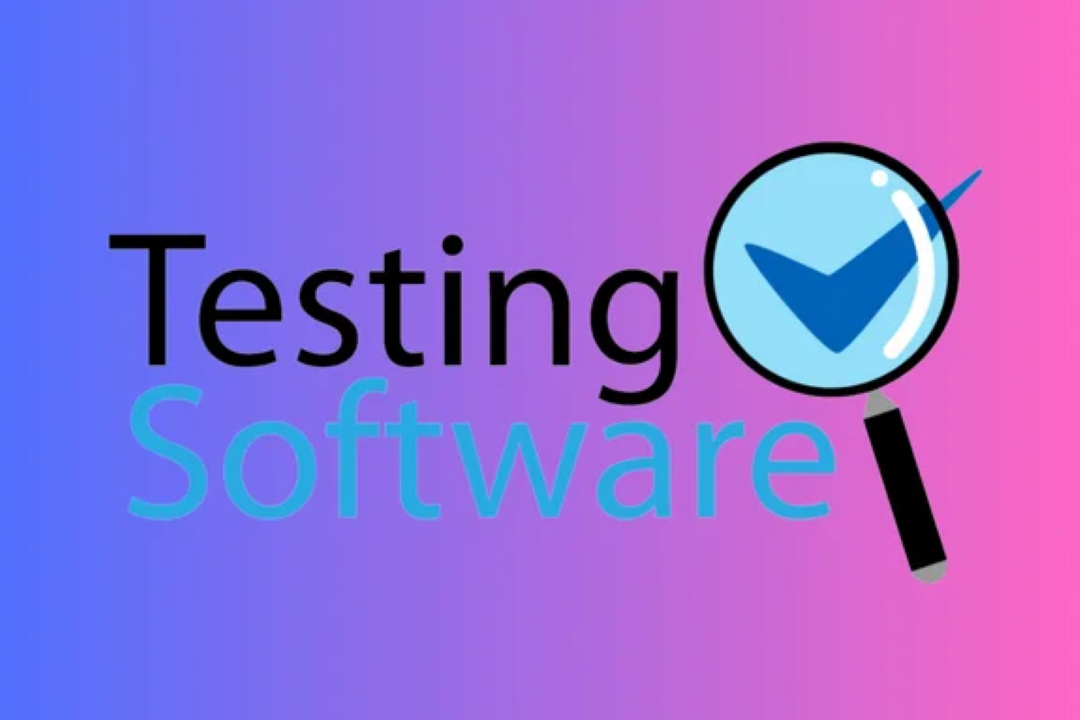Different Types of Software Testing Techniques
Exploring Various Software Testing Techniques
Different Types of Software Testing Techniques
Software testing techniques play a crucial role in the software development lifecycle by ensuring the quality and reliability of software applications. There are various types of software testing techniques, including black box testing, white box testing, unit testing, integration testing, system testing, acceptance testing, and regression testing. Each technique is designed to focus on specific aspects of the software and identify different types of defects or bugs. By using a combination of these testing techniques, software developers can detect issues early in the development process, improve the overall quality of the software, and deliver a more robust and reliable product to end users.
To Download Our Brochure: https://www.justacademy.co/download-brochure-for-free
Message us for more information: +91 9987184296
1 - Manual Testing:
Involves human testers running test cases without the use of automation tools.
2) Automated Testing:
Utilizes tools and software to automate the execution of test cases.
3) Black Box Testing:
Tests the functionality of a software application without knowledge of its internal code structure.
4) White Box Testing:
Examines the inner workings of a software application's code to ensure all lines of code are tested.
5) Regression Testing:
Ensures that new code changes do not adversely affect existing functionality.
6) Unit Testing:
Tests individual units or components of a software application in isolation.
7) Integration Testing:
Tests how various modules work together as a group.
8) System Testing:
Tests the complete software application as a whole.
9) Acceptance Testing:
Ensures that the software meets the requirements set by the end user.
10) Load Testing:
Assess how the software performs under different loads and stress levels.
11) Performance Testing:
Evaluates the speed, responsiveness, and stability of a software application.
12) Security Testing:
Identifies vulnerabilities and weaknesses in the software to prevent security breaches.
13) Usability Testing:
Focuses on the user friendliness and ease of use of a software application.
14) Exploratory Testing:
Involves testers exploring the software application with minimal or no predefined test cases.
15) Ad Hoc Testing:
Testing performed informally and without a structured approach based on the tester's intuition.
Offering a training program to students that covers these various software testing techniques will provide them with a comprehensive understanding of the principles and practices essential for successful testing careers in the software industry.
Browse our course links : https://www.justacademy.co/all-courses
To Join our FREE DEMO Session: Click Here
Contact Us for more info:
- Message us on Whatsapp: +91 9987184296
- Email id: info@justacademy.co
Angular Interview Questions For 3 Years Experience
Difference Between Next And Nextline In Java












